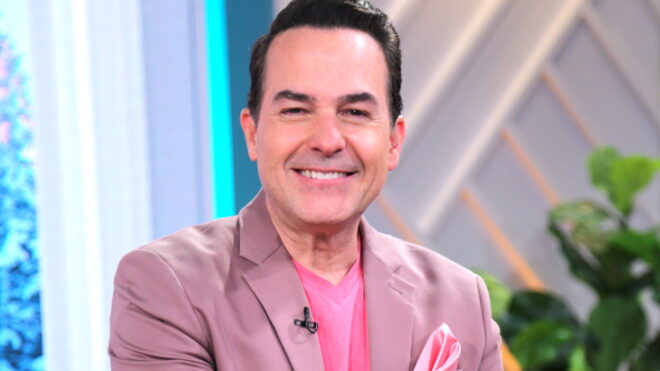As I've said before, I'm raising my children bilingual. To this end, in my house we only speak Spanish. I'm lucky to be married to someone whose first language is Spanish. Same thing goes for the nanny who cares for my children while I work. Therefore, my children have spent the first years of their lives immersed in Spanish.
Yet, ever since my daughter started kindergarten last year, this is no longer the case because she now spends most of her day surrounded by English. And, although she hasn't done so already, I know the day will come when she refuses to speak her native language and will prefer to speak in English.
Read more in ¿Qué más?: It's been proven, being bilingual makes you smarter
After three years running SpanglishBaby a blog for parents raising bilingual children, I can say without a doubt that this is one of most parents' biggest worry. So, if this is happening in your bilingual household, here are some tips to help you deal with it:
- Be sure to praise your children whenever they do say something in Spanish. This will make them feel secure about themselves and will encourage them to keep trying.
- Gently remind them they have to speak Spanish with you. Try not to make it feel like it's an obligation but something good and fun. You can also explain why it's important for you that they speak Spanish.
- If your child says something in English, repeated what he said in Spanish but as a question. For example, if your child says: Can I go out and play? You can answer: ¿Quieres salir a jugar?
- Finally, you can act as if you don't understand what they're saying when they speak English. Many parents think this is a bit cruel, but others who have used this tactic say this is the reason why their children are bilingual today.
¿Quieres encontrar a otras mamás como tú? ¡Sigue a MamásLatinas en Facebook!
My most important piece of advice is that if your children refuse to speak Spanish, you never stop speaking it yourself. I know it's kind of weird that you talk to them in one language and they answer in another, but even if you don't think so, you're setting the foundations and when they are older and get over this stage they will thank you for raising them bilingual. Good luck!
What have you done to deal with this issue?
Image via Lance Shields/flickr




